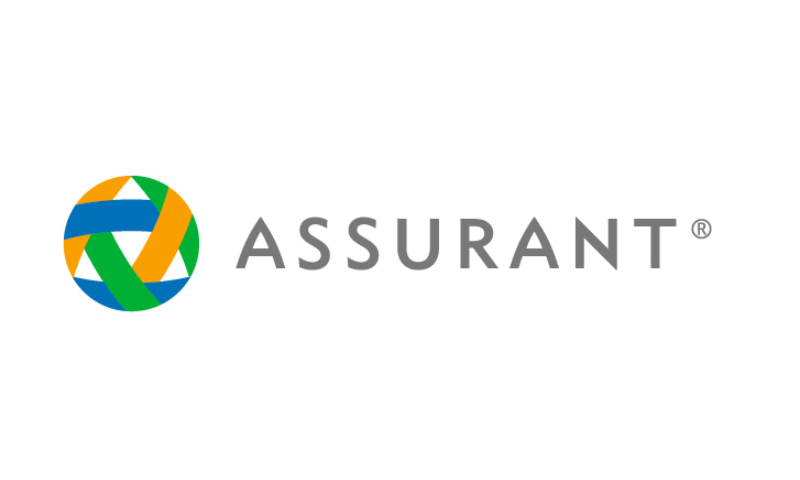
Green Pages- NEWS
THINK GREEN, RESPONSIBILITY & SUSTAINABILITY.
“In 2023, we will use around 3 thousand tons of recycled plastics in products manufactured in Brazil and we plan to replace, globally, 50% of the virgin raw material in our lines by 2030.”
by Leda Cavalcanti

João Zeni has been director of sustainability at Electrolux Group Latin America since 2020. He leads the topic across the board and is at the forefront of the development and implementation of the company’s sustainability strategy for the region. With 13 years of experience in sustainability, team management and strategy development, he worked for major market players, such as Vivo and Cielo. Director-advisor of the Brazilian Association for the Recycling of Electronics and Home Appliances (ABREE), he is an engineer from the Pontifícia Pontifical Catholic University of Paraná and has a degree from the University of Cambridge in the sustainability studies program and the University of Oxford, in the United Kingdom. He was born and raised in Curitiba (PR), his professional and personal purpose is to stimulate and bring about effective changes in people so that they create sustainable paths in their actions.
The search for solutions to bring more sustainability to all stages of production and the value chain is a constant at Electrolux Group, which has been reducing the use of virgin plastic in its products. In 2023, it used around 3 thousand tons of recycled plastics in the Brazilian market alone. Globally, it has the goal of using at least 50% of this type of resin in its home appliance lines by 2030, the year in which it hopes to have implemented the action in the 120 markets in which it operates.
Named For The Better 2030, the company’s global strategy is based on two main pillars: zero carbon emissions and making its business circular. In 2019, on its 100th anniversary, it formalized sustainability goals divided into three pillars and linked to the UN Sustainable Development Goals (SDGs).
The first is to achieve climate neutrality by 2030, use resources more efficiently and act ethically, leading in diversity and preserving human rights. The second is the increase in water and energy efficiency in product delivery. And the third is to encourage more sustainable habits in society, since the food, and making homes more sustainable through smart solutions for air, water and floors.
PÁGINAS VERDES (GREEN PAGES) – When did the group start replacing virgin plastic with recycled plastic?
JOÃO ZENI – The first product sold with recycled plastic in its composition on the Brazilian market was a vacuum cleaner, in 2011. The predominance of the use of this type of resin in Electrolux products is in the Floor Care line (high pressure washers and water and dust vacuum cleaners), in which some items, such as the Acqua Power water and dust vacuum cleaner with blowing function, already use more than 50% post-consumer recycled plastic (PCR) in manufacturing. PCR is the acronym for the English expression post-consumer recycled, it is a resin obtained from plastic materials that have already been used. In the global market, in 2010, with our Vacuum From The Sea initiative, we launched five vacuum cleaners made from plastic waste collected from the world’s oceans.
PV – What are the benefits of the initiative?
JZ – The increased use of cutting-edge plastics, mainly replacing metal in the home appliance industry, gives manufacturers a wide variety of options, enabling innovative designs and better performance. It brings advantages such as greater aesthetic appeal, energy savings, lighter weight, greater resistance to abrasion, corrosion and temperature, quieter operation and lower maintenance costs.
PV – Was the change to producing greener home appliances difficult?
JZ – It was not an easy transition, as there needs to be a very well-done balance in investments, innovation and partnerships to ensure that we can deliver more sustainable products, with less energy and water consumption and less need to extract materials from nature. These advances depend on joint evolution between partners and the supply chain, that is, to advance, cooperation is essential. The road is long, so we have well-defined goals.
PV – In products, what are the best examples?
JZ – Since 2021, we have had one of the most efficient top freezer refrigerators on the market (47% reduction in energy consumption compared to Inmetro’s A classification). We have added solar panels to our product line for generating electricity in homes and businesses, which help reduce electricity bills by up to 95%. We choose lower impact materials in the manufacture of home appliances. The group created a production line at the São Carlos (SP) plant that allowed it to bring to the country the brand’s exclusive technology called sealed cavity. It is a different way of finishing the inside of stoves or built-in ovens. Among the differentials of the sealed cavity is cooking up to 33% faster (in this format, heat does not escape out of the oven), and savings of up to 32% in energy consumption (compared to unsealed cavities of the same capacity and with the same burner/power).
PV – Today, which products are made with recycled plastic?
JZ – When we talk about the volume of PCR used as a whole, the Fabric Care category – washing machines – is the one with the greatest demand, due to our penetration in the Brazilian market. When we talk about the percentage of PCR, we are referring to our Floor Care line, that is, high pressure washers and vacuum cleaners, with products that use more than 50% recycled plastic in their manufacturing. In the case of refrigerators, there are more challenges, as it is not yet possible to use recycled plastic in parts that may have direct contact with food. We are already looking for solutions that are implemented in our European market, which has refrigerators with around 13% recycled plastic.
PV – What about packaging?
JZ – Our strategy focuses on the circularity of packaging, which, between cardboard, plastic, and EPS, reaches a level close to 20% recycling, in addition to legal compliance in relation to encouraging recycling, compensating 22% of our packaging annually, index that will increase to 30% this year. The group not only looks at the beginning of its chain, but also at the end of the useful life of household appliances. It has had its own reverse logistics program since 2022, the Serviço de Coleta e Descarte Consciente (Conscious Collection and Disposal Service), which collects the product, of any brand, from the consumer’s home when purchasing a new one. As a result of the program, more than 320 tons of materials have already been recycled. And we are founding members of the Associação Brasileira de Reciclagem de Eletroeletrônicos e Eletrodomésticos (Brazilian Association for the Recycling of Household Appliances and Electronics – ABREE).
PV – How does the group work on social and inclusion issues?
JZ – The group treats the topic of Diversity & Inclusion as a transversal pillar and is committed to building diverse teams and encouraging an inclusive and socially responsible culture, permeating the entire journey of its employees and consumers. In 2020, Latin America was a pioneer by creating the group’s first diversity and inclusion area, with professionals dedicated to the topic to drive actions, monitor progress and ensure that practices, products and services reflect our commitment to D&I. With the creation of this area, we set goals and implemented actions to make the company more inclusive and a reflection of the societies in which we operate. In addition to regional commitments, we have a global goal of reaching 40% to 60% of women in leadership positions by 2030 (we currently have 34% in Latin America).
PV – How was Mixe-se (Misture-se) born?
JZ – In 2018, Latin America was a pioneer in the group by creating Mixe-se, the company’s first D&I committee. Driven by the invitation “Come as you are”, our five subcommittees (ethnicity, gender, generations, LGBT+ and people with disabilities) are made up of employees and volunteer collaborators since their creation, in partnership with key areas of the company, and contribute to improvements in benefits, processes, infrastructure and service channels. Furthermore, we have mostly local production, generating socioeconomic impact. Our new factory in São José dos Pinhais (PR) will generate 2 thousand direct and indirect jobs, with the hiring of local labor.
PV – What other social program does the company have?
JZ – Around our operations, we have social programs. One of them is the Sustainable Gastronomy Program, which offers people in situations of economic and social vulnerability free training in culinary techniques, sustainable food consumption, waste reduction and entrepreneurship. In Brazil, the project has trained almost 500 people since 2017, with an employability rate of 66%, and recently started a class 100% dedicated to the LGBT+ community.
Source: Eletrolar News Ed. 160





